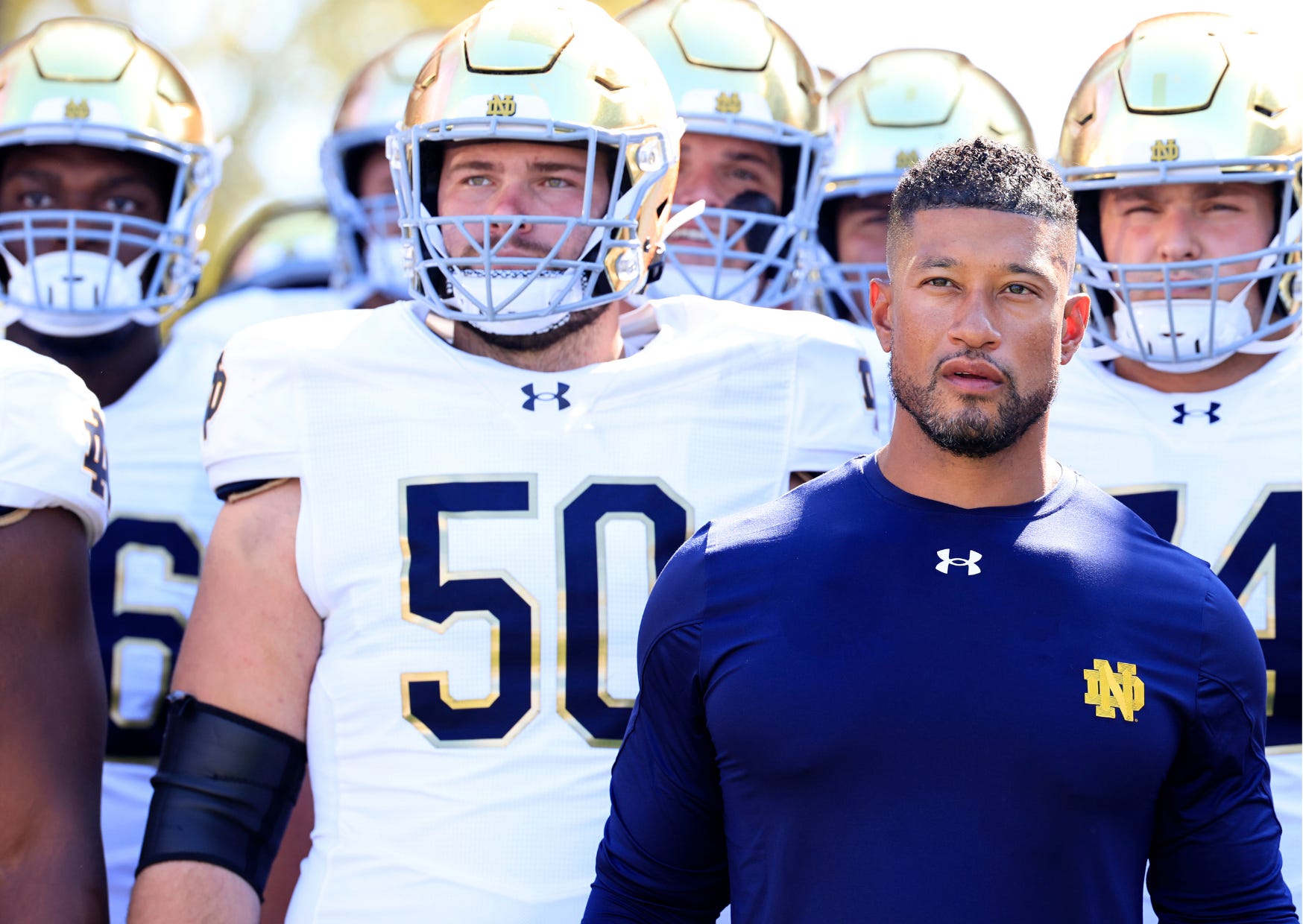Is Notre Dame’s Independent Status Actually An Advantage?
Is Notre Dame’s Independent Status Actually An Advantage?I did a deep dive into the finances behind Notre Dame’s independent status, including TV deals, conference payouts, revenue-sharing agreements, and more. The answer will surprise you.
In a year where the new 12-team College Football Playoff has allowed Arizona State, Boise State, Indiana, and SMU to enter the national championship conversation, one of college football’s most historic intuitions has continued to dominate the headlines. On one hand, Notre Dame had an incredible season. Head coach Marcus Freeman was only given the job after Brian Kelly left South Bend for LSU, saying he didn’t have the resources to win a national championship at Notre Dame. Many people also wrote Notre Dame off after its week 2 loss to Northern Illinois, with the Fighting Irish having to win 13 straight games to secure a spot in this year’s national championship. But let’s not kid ourselves; people aren’t talking about Notre Dame because they are some Cinderella story. The conversation has shifted in an entirely separate direction. You’ve undoubtedly heard that Notre Dame’s independent status has given the school a unique financial advantage in a new era of college football dominated by money. The thought process is simple: By reaching this year’s national championship game, Notre Dame has earned $20 million in performance bonuses, including $4 million for making the inaugural CFP, $4 million for reaching the quarterfinals, $6 million for reaching the semifinals, and another $6 million for making the championship game. However, Notre Dame’s independent status means that they keep every dollar for themselves rather than sharing that money with other schools in their conference. Take Ohio State, for example. The Buckeyes have won just as many games as Notre Dame during this year’s CFP, but since they have to share performance bonuses with every other school in their conference, the current national championship favorite will only receive $2.5 million, or 12.5% of Notre Dame’s $20 million payout. Add in the fact that Notre Dame gets to pick its schedule and doesn’t have to play a conference championship game, and you can see why people are saying it’s unfair. It isn’t just keyboard warriors hiding behind anonymous accounts making these claims, either. Informed journalists have been talking about it for weeks, and Penn State head coach James Franklin even said it to Marcus Freeman’s face, telling reporters last week at the Orange Bowl that every school should be in a conference. “It should be consistent across college football,” Franklin said. “This is no knock at [Freeman] or Notre Dame, but I think everybody should be in a conference. I think everybody should play a conference championship game, or nobody should play a conference champion championship game. I think everybody should play the same number of conference games.” I don’t blame coaches and fans for thinking this way. The richest college football programs would theoretically be able to pay players the most money. If you can also soften your schedule by loading it up with uncompetitive teams, the chance of consistently making an expanded 12-team College Football Playoff would increase. But just because it sounds good doesn’t mean it’s true. The numbers tell a different story — one that is far more interesting than the current narrative. Let’s dig in… Subscribe to Huddle Up to unlock the rest.Become a paying subscriber of Huddle Up to get access to this post and other subscriber-only content. A subscription gets you:
© 2025 |

